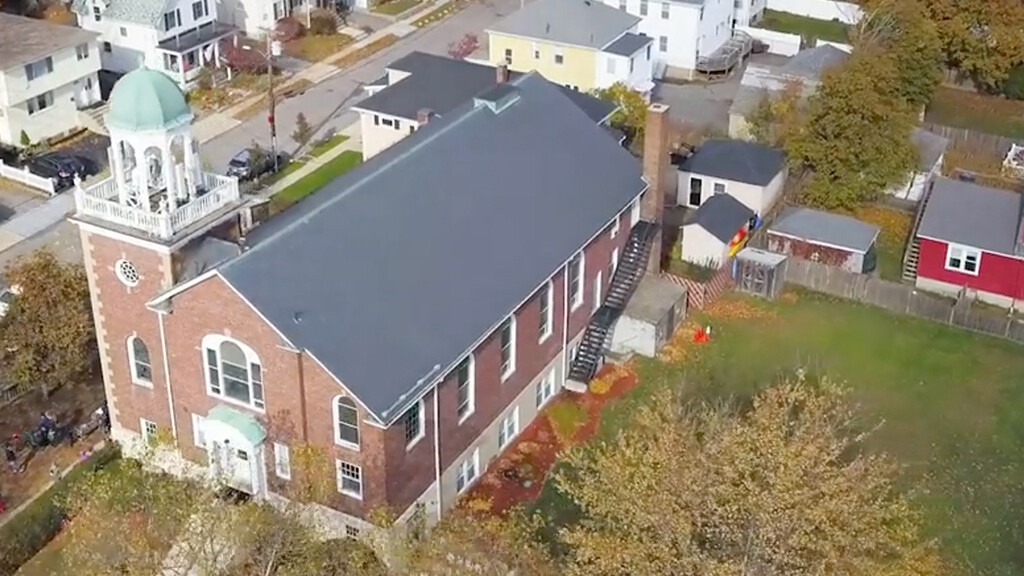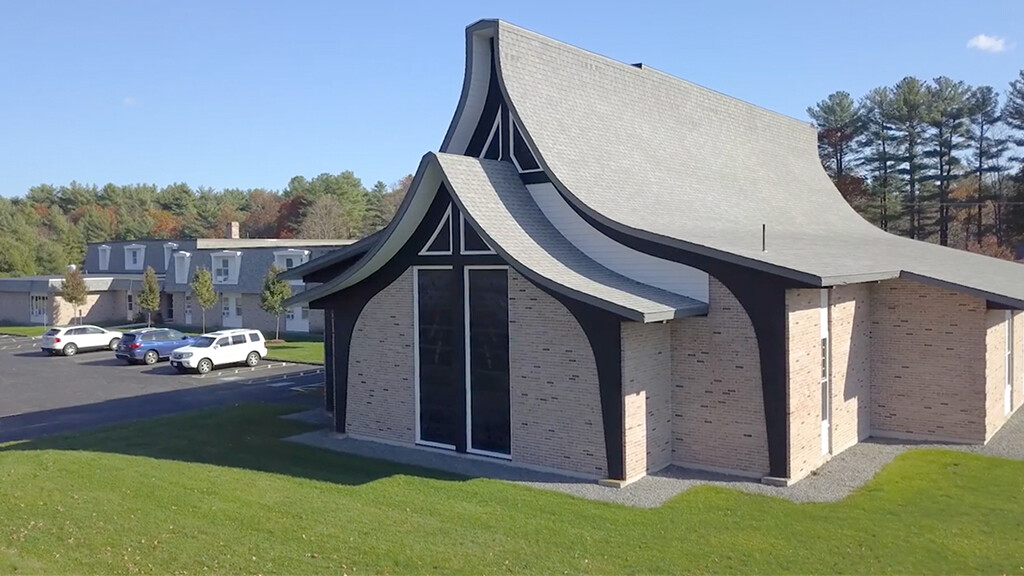What is grief?
Grief is processing a loss of something or someone that is important to an individual. One may grieve the loss of a relationship, a loved one, finances, shelter, employment, pets, etc.
How does grief affect us?
Grief affects us in different ways. It is unique and special to us because grief is intertwined with our own experiences and relationships. No one is going to grieve in the same way we do, which is perfectly normal. Grief affects us emotionally, spiritually, physically, and mentally.
What happens when we grieve?
Kubler Ross came up with the 5 stages of grief that is commonly referenced. Although the stages are primarily regarding those who have lost a loved one, we can utilize it for all kinds of losses.
They should be considered as tools and insight for how we may frame how we are thinking and feeling. We do not go through these stages in any order or go through all 5 of the stages. We may skip around the different stages and be at one stage for a longer time than others. The stages are specific to your own, special way of grieving.
Denial
We often are not ready to accept the loss and process the shock of what had occurred. During this stage, we need to be given time and patience. This stage should not be rushed.
Anger
Pain is deeply connected to anger. This occurs when we start to feel the pain of the loss. We may lash out, blame ourselves or others; we start to feel the emotions of the loss that were deep inside of ourselves, which may come out as irritability, harshness, or indifference. During this stage, understanding that this isn’t personal and that the person is starting to feel the pain of the loss is important. We must be supportive and let the person know that we are present for him/her.
Bargaining
We try to bargain/make promises with God for better results. We try to bargain for a better outcome. In this stage, we are grappling with some sort of hope to make things better.
Depression
These are depressive symptoms, such as lack of motivation to do things, changes in eating (you may eat less or you may eat more), changes in sleep patterns (sleeping more or sleeping less), feeling like you have less energy, feeling sad a lot. We must seek professional help if these symptoms affect our ability to perform everyday tasks.
Acceptance
We understand that we can’t replace what was lost, but we are able to make a new kind of normal, which may be different, but one that will be ok. During this stage, we want to continue walking and supporting the individual; however, we have to be careful to go at their pace and not the pace that we think is right for them. We have to be careful not to rush the person.
Why are holidays especially difficult when grieving?
Holidays are when loved ones, such as families and friends gather to eat and spend meaningful time with one another. Holidays are symbolic with joy, laughter, and happiness. We come together with loved ones to spend quality time with one another. During a time of grief, there is an awareness that a loved one may no longer be with us. We recognize that the holidays may not be full of joy and laughter due to a loss of employment, a divorce, or a loss of finances. There may be a big void that we may not be able to fill. This results in sadness, loneliness, and a loss of hope. We are reminded of our loss even more during the holidays.
How do I know when the grieving does not seem like a normal process?
One may fall into a clinical depression in which one needs to seek professional help, such as a psychologist or a mental health counselor. These are some of the signs to look out for:
- Finding yourself unable to function day-to-day and beginning to isolate yourself from friends and family.
- Finding yourself sleeping or not sleeping for most of the day and having a reduced appetite or an increased appetite which leads to weight gain or loss.
- Having thoughts of hurting yourself or wanting to end your own life because it is too hard to move on or cope.
- Not finding pleasure in most things or activities or finding yourself unmotivated to do anything.
- Being tired most of the day and sad, angry, or irritable.
- Feeling empty and hopeless.
If you find yourself saying yes to one or more of these statements, please reach out to a medical professional or a therapist to help you cope and process so you are not alone. It is important to note that there is no shame or judgment in asking and receiving help for depression.
How do we find hope in Jesus during our grief?
Hope gives us a solid foundation in Jesus, who is an anchor to hold onto during our times of grief. Hope lies within Jesus who loves us so deeply and unconditionally. Jesus is our provider, our wonderful counselor, and is with us. We forget that Jesus felt human emotions, and the bible shows us these examples. In John 11:35, it says, “Jesus wept.” Jesus was devastated with emotions because of his friend, Lazarus’ death. Jesus understands our sorrows and our heartaches. He grieves with us and knows our pain to the fullest. We find hope knowing that God is with us and that we are not alone.
What does Grace Chapel offer to those who are grieving?
Grace Chapel has a care support group called GriefShare. GriefShare is a 13-week program for those coping with the death of a family member or friend and provides education about the process of grief, as well as support from others in similar circumstances. GriefShare is a friendly, caring group of people who will walk alongside you through one of life’s most difficult experiences. You don’t have to go through the grieving process alone.
We also have a Stephen Ministry where a Stephen Minister will walk through hardships and difficulties with a congregant wanting support.
Each year, Grace Chapel also offers a Blue Christmas service. Blue Christmas is a non-traditional service that acknowledges the pain that people are going through and offers hope and comfort to those who are grieving the loss of a loved one or hurting during the holiday season. All are welcome and encouraged to “come as you are.”
Please contact our Pastor of Community Care, Sunny Toews to learn more about Grace Chapel’s Community Care groups. She may be reached at .






